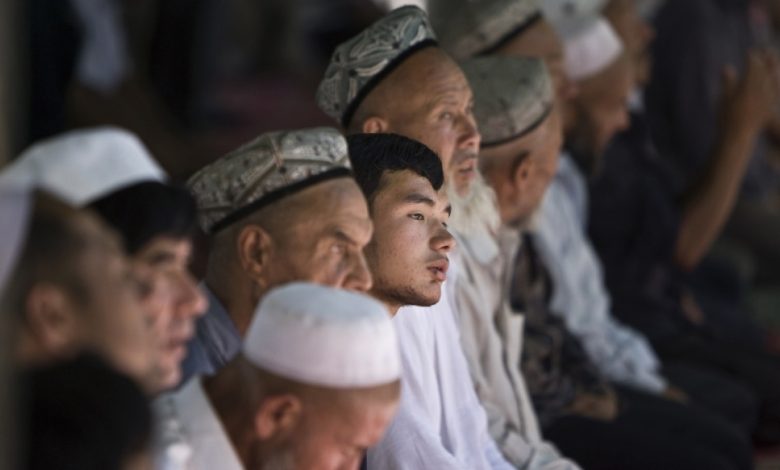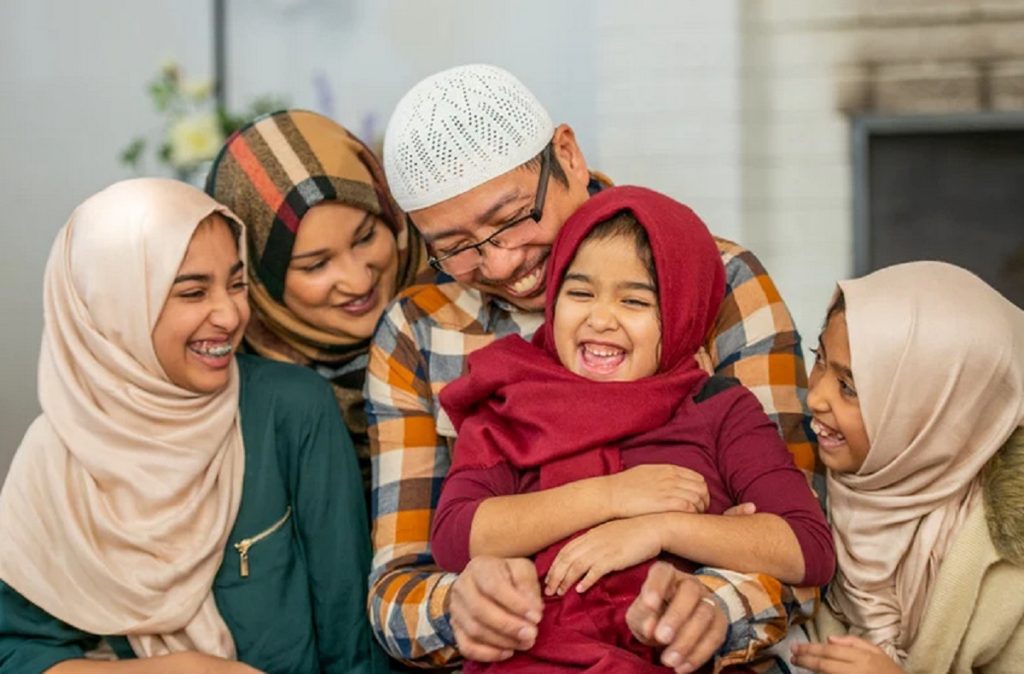Chinese Muslims in the United States: Preserving Faith and Identity Across Continents
Exploring the growing presence, cultural contributions, and challenges of Hui and Uyghur Muslims living in America.

The United States is home to a diverse Muslim population representing nearly every region of the world — including Chinese Muslims, who bring a unique blend of cultural and religious traditions shaped by centuries of Islamic history in China. These communities, particularly Uyghur and Hui Muslims, have increasingly become part of America’s multicultural and religious fabric.
1. Who Are the Chinese Muslims?
China’s Muslim population is primarily divided into two major groups:
-
Uyghurs, a Turkic-speaking ethnic group native to Xinjiang (East Turkestan), historically tied to Central Asia.
-
Hui Muslims, ethnically Han Chinese who practice Islam and speak Mandarin but maintain distinct Islamic customs and traditions.
When these groups migrate to the United States, they carry with them a deep sense of cultural identity and spiritual heritage rooted in centuries of coexistence between Islam and Chinese civilization.
2. Population and Settlement in the U.S.
While the exact number of Chinese Muslims in the United States is hard to determine, estimates suggest several tens of thousands, with the largest concentrations in:
-
California (particularly in Los Angeles and the Bay Area)
-
New York and New Jersey
-
Texas and Illinois
Uyghur refugees, fleeing persecution and mass detention in Xinjiang, have built small yet vibrant communities in cities such as Fairfax, Virginia, and Houston, Texas. Hui Muslims, many of whom came for education or business, have settled more widely across urban and suburban areas, integrating into existing Muslim and Asian communities.

3. Religious and Community Life
Chinese Muslims in the U.S. actively participate in local Islamic centers while also preserving their cultural expressions of Islam. Hui Muslims often emphasize education, community discipline, and halal food production, maintaining their culinary traditions, such as hand-pulled noodles (lamian) and halal dumplings.
Uyghur Muslims have established Uyghur mosques and cultural centers, particularly in Virginia and California, serving as both places of worship and activism. These centers often host cultural festivals, language classes, and discussions on human rights, especially regarding the situation in Xinjiang.
4. Challenges and Activism
The Uyghur American community faces significant emotional and political challenges. Many families have been separated due to Chinese state restrictions and surveillance. In response, Uyghur activists in the U.S. — including groups like the Uyghur Human Rights Project (UHRP) and the Campaign for Uyghurs — work to raise awareness about the ongoing repression and advocate for international action.
For Hui Muslims, the challenges are often about religious visibility and identity — balancing their Chinese cultural heritage with belonging to the broader Muslim ummah (community) and the Asian-American experience.

5. Cultural Contribution and Future Outlook
Chinese Muslims in the United States contribute richly to America’s multicultural landscape through food, art, and scholarship. Uyghur cuisine, for example, is becoming increasingly popular, with restaurants like Dolan Uyghur Restaurant in Washington D.C. and Sapar Uyghur Cuisine in Los Angeles introducing authentic Central Asian flavors to American palates.
As global awareness grows about China’s Muslim minorities, the U.S. serves not only as a place of refuge but also as a platform for cultural revival and religious freedom. The resilience of Chinese Muslims in America highlights the enduring power of faith, identity, and community in the face of political and social adversity.



